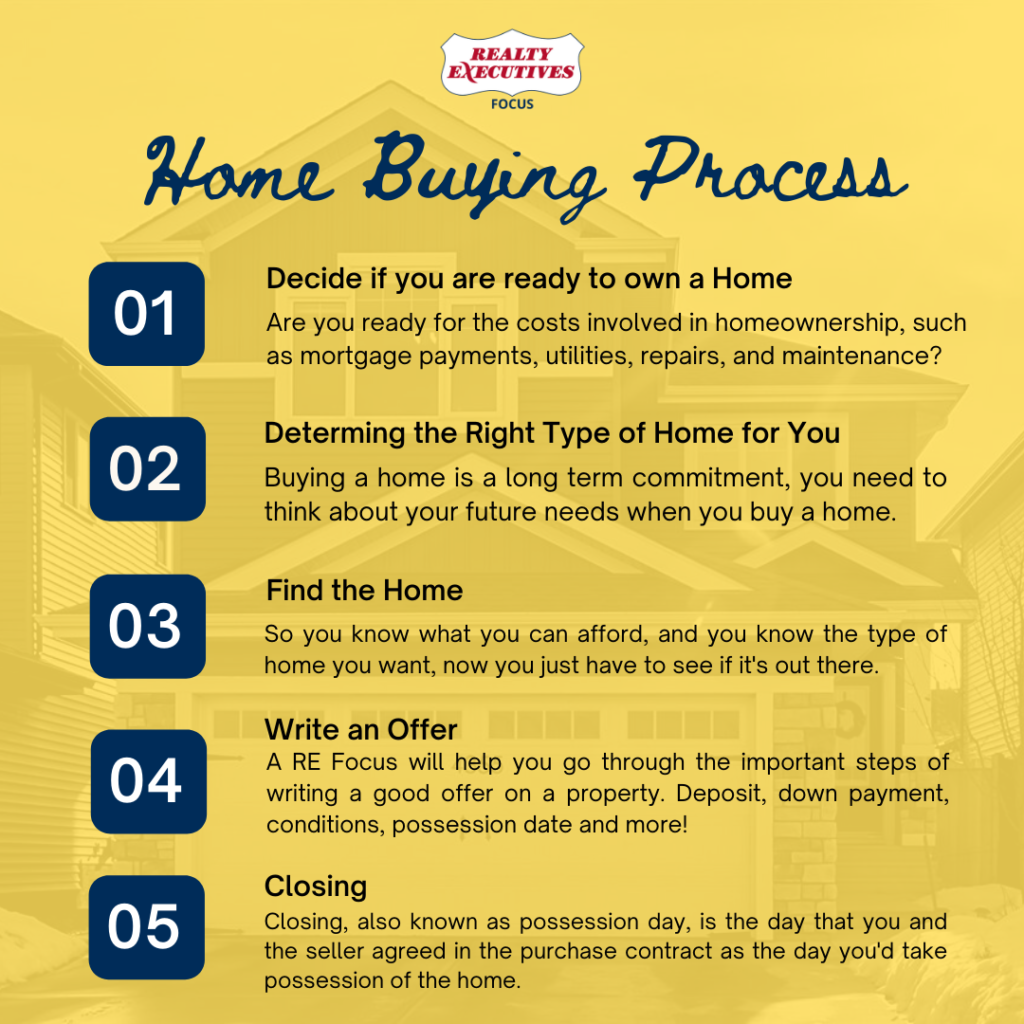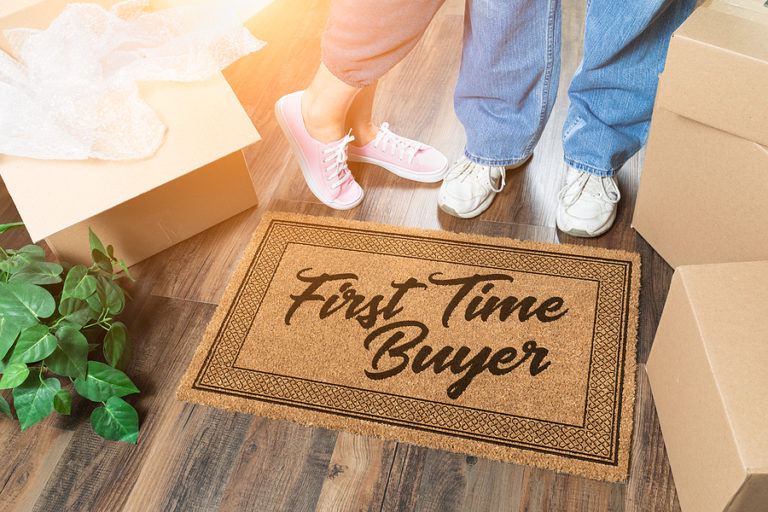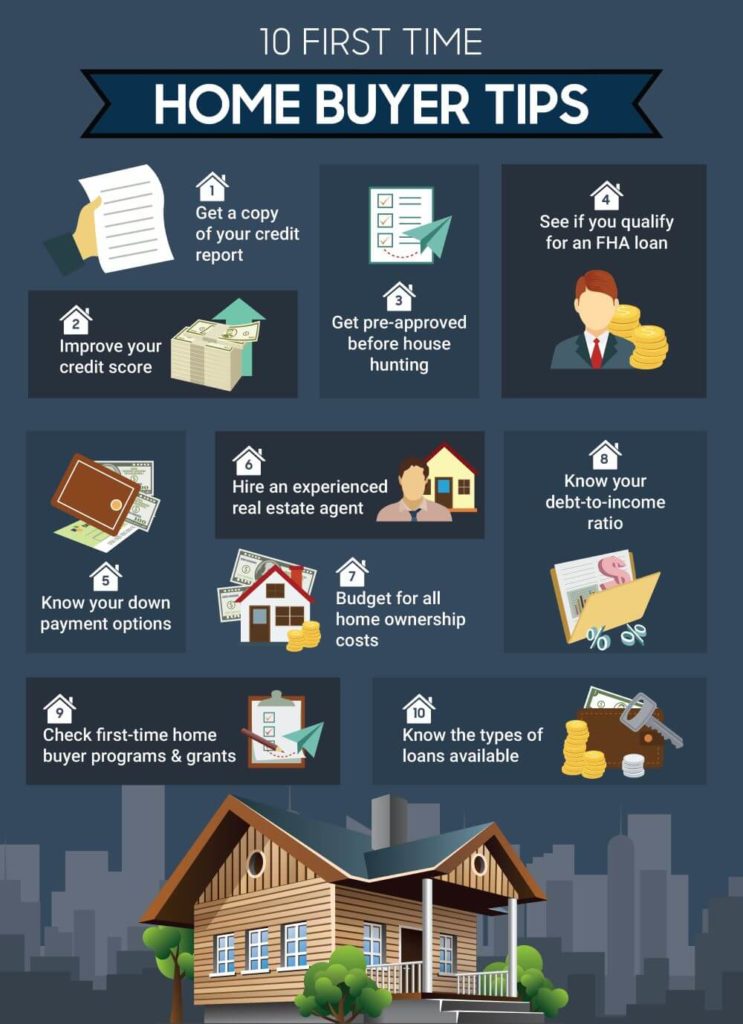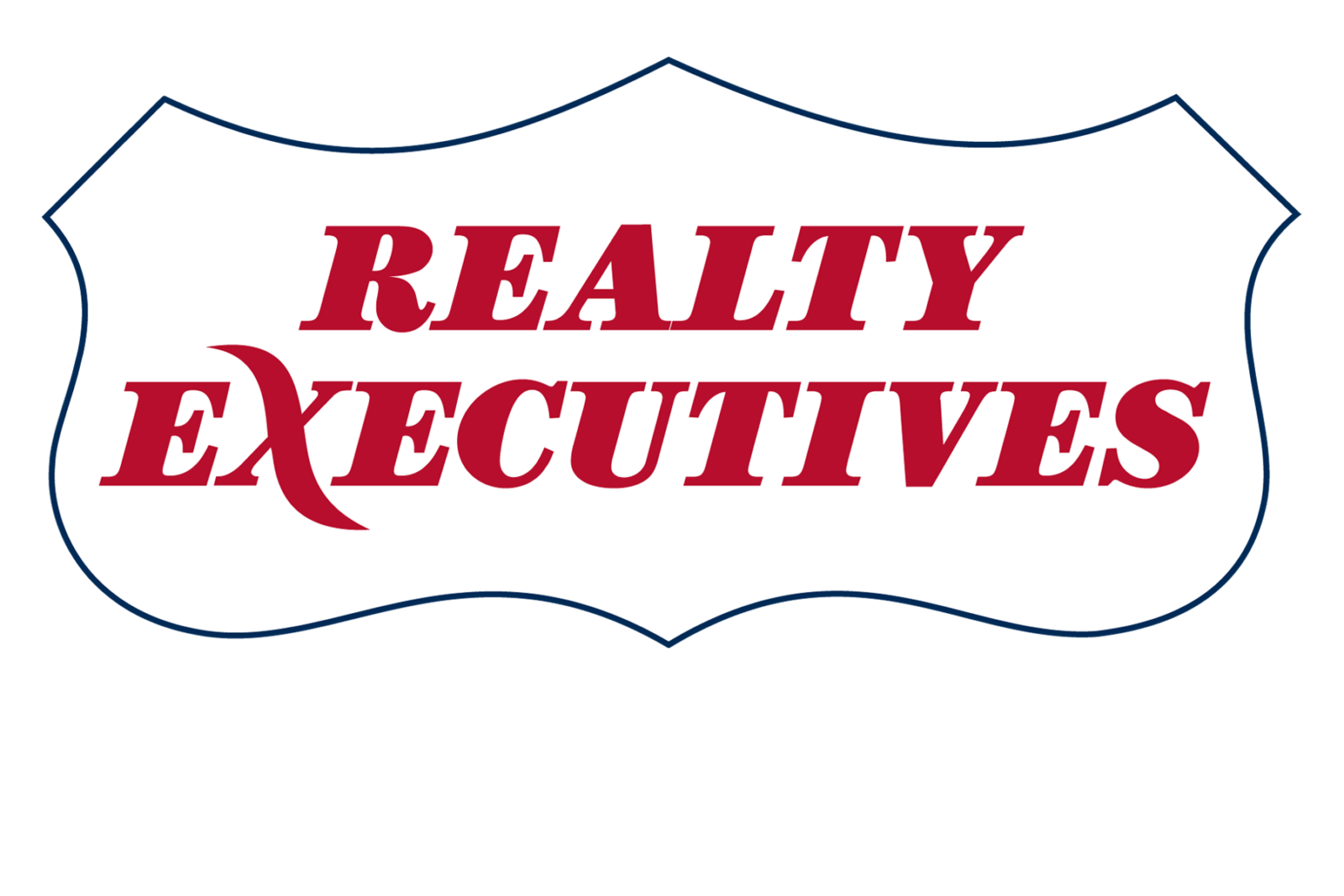
Step 1: Decide if you are ready to own a Home
Before we get right down to the finances, take a moment and consider the advantages and disadvantages of owning a home. Are you ready for the costs involved in homeownership, such as mortgage payments, utilities, repairs, and maintenance?
Buying a home isn’t only about money, but money does have a lot to do with it. So how do you decide if you’re financially ready for homeownership? Here’s a step by step guide to get you started:
- Calculate your current household expenses – add up all of your current costs such as rent, utilities, groceries, clothing, entertainment, transportation etc.
- Calculate your current debt payments – car payments, student loans, credit cards, etc.
- Add it all up – anything left over?
How much can you afford?

The first rule of affordability, is that your monthly housing costs shouldn’t be more than 32% of your gross monthly income. Housing costs include mortgage payments, property taxes and heating. If you’re thinking of buying a condominium, half the condo fees are also included in your monthly housing costs when a bank or broker is calculating what you can afford.
Secondly, your total monthly debt payments should not be more than 40% of your gross monthly income. Monthly debt payments include the housing costs noted in the first rule above, plus all other debt payments (student loans, car payments, credit cards, lines of credit etc).
A mortgage broker can help you work through all of these calculations, and give you a pre-approval or pre-qualification to buy a home. They can also give you advice to help you increase the amount you can qualify for, such as saving more money for a down payment or improving your credit score. I’d be happy to connect you with a good mortgage broker, contact me for details.
Step 2: Determine the Right Type of Home for You
Buying a home is a long term commitment, you need to think about your future needs when you buy a home. Think 5-10 years down the road and try to find a home that will grow with your needs. If you’re not ready for a 5 year commitment, you should probably re-think your home buying plans. Here are some basic considerations to help determine the type of home that’s right for you:
- Size (including number of bedrooms & bathrooms)
- Parking
- Distance from work (do you also need a home office?)
- Distance from school (what transit options are available?)
- Outdoor space
- Lifestyle needs
- Type of home (single family, condo, townhouse etc)
Step 3: Find the Home

So you know what you can afford, and you know the type of home you want, now you just have to see if it’s out there. This is the step where many people start making mistakes, such as calling listing agents, visiting open houses and giving confidential information to agents who don’t represent them. The seller’s agent has a contract with the seller, and must represent their best interests, not yours.
You’ve already found the best web site to find homes for sale in the Edmonton, Fort Saskatchewan, Sherwood Park and St. Albert area, a real estate agent can help narrow down your search, to homes and areas that will work the best for you. Don’t just work with the first agent you meet, select an agent that knows the areas you’re interested in, is qualified, has experience, is well trained, responds to questions quickly, sells lots of homes, has time to work with you. Our team of agents at Realty Executives Focus have years of experience working with first time home buyers and sellers alike!
Step 4: Write an Offer
Your real estate agent will help you go through the important steps of writing a good offer on a property. There are some important parts of the offer to think about in advance, such as the deposit, down payment, conditions, possession date and more. There are far more elements to writing and offer than can be covered in a guide such as this, so here are some general points to consider. Although a deposit is not technically required, the seller in almost every case expects one within a few days of the offer being accepted; the deposit will eventually make up part of your deposit. You can write conditions in your offer, such as an inspection condition or a financing condition. If you don’t remove the conditions by the time agreed to in the offer (usually 7-10 days) the deal “collapses” and you’ll get your deposit back (usually in a week or so). If you remove your conditions, the deal will proceed and you’ll be a proud homeowner in the near future (the agreed possession date). Of course, all of these points are general examples and will likely differ when you actually write an offer on a property.
Step 5: Closing

Closing, also known as possession day, is the day that you and the seller agreed in the purchase contract as the day you’d take possession of the home. Most of the time, closings go smoothly, and buyers get their home on the agreed date, but sometimes there are problems. Assuming there are no problems, the day will generally go something like this: 1. Your lawyer (yes, you need a lawyer!) will request that your lender to releases the funds. 2. Your lawyer will send the funds to the seller’s lawyer. 3. When funds are received, the seller’s lawyer will “release the keys.” 4. Your agent will obtain the keys and meet you at the property. 5. Welcome to your new home!
Many times things don’t go quite as planned, and your real estate agent can guide you through all the ins and outs of getting qualified, finding a home, writing and offer, removing conditions and taking possession. Contact me when you’re ready and we’ll get you started in the right direction.



